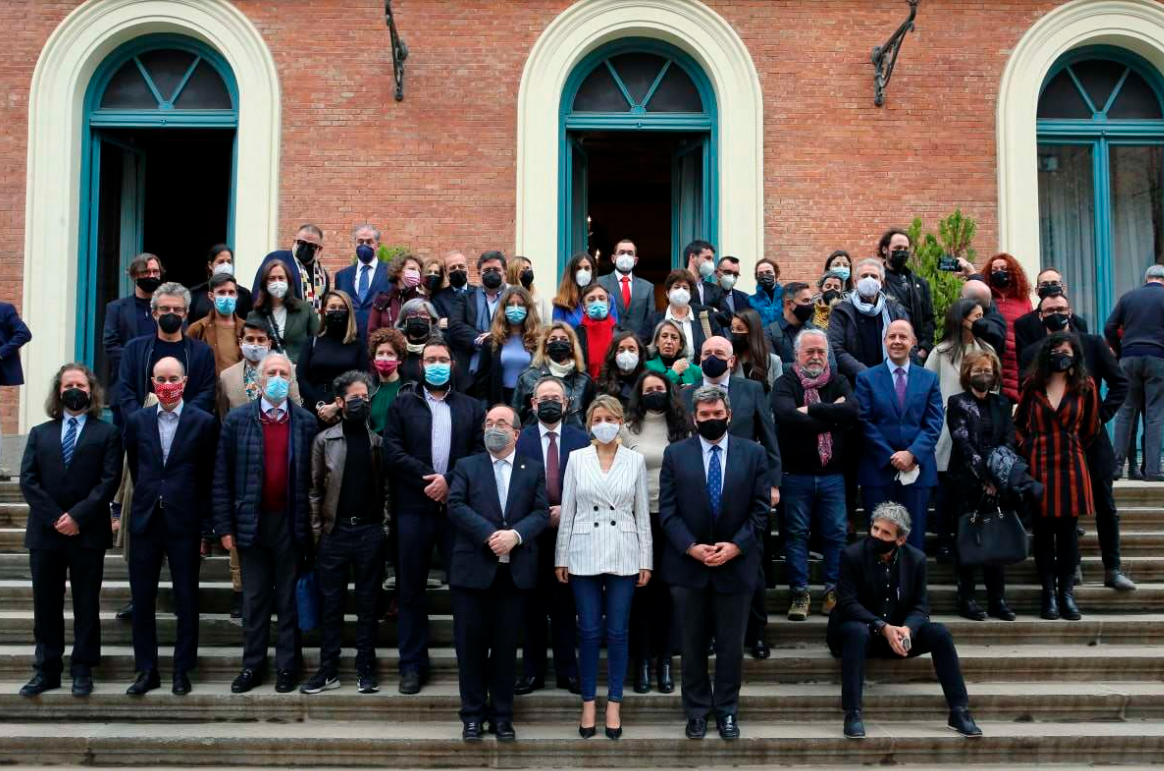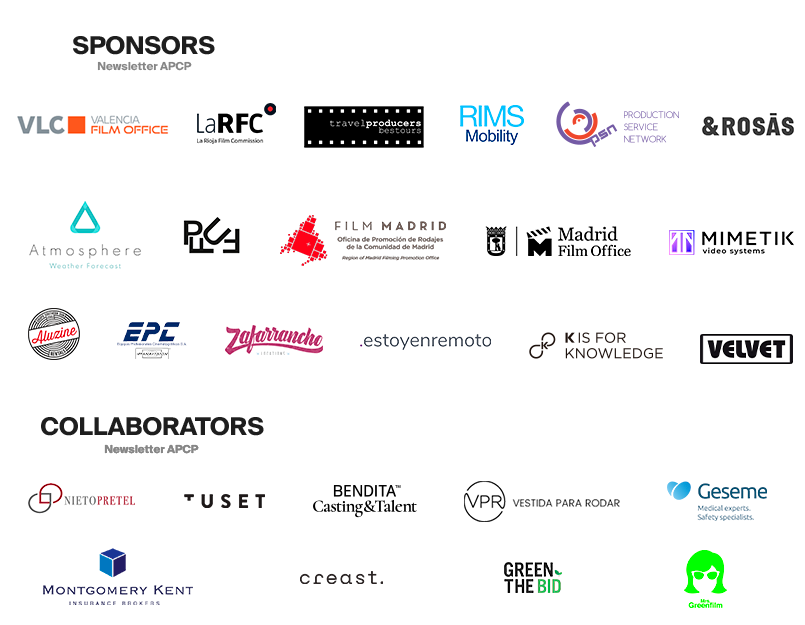
After the passing of the Real Decreto-Ley 5/2022 on labour reform, our industry has received a big blow, as it meant the end of service contracts, which led to great concern amongst the members of the industry due to intermittency.
The APCP together with our administrator, Nieto Pretel, have responded aggressively in order to raise awareness about the reality of working in the audiovisual production and culture industries before the Government as a means to find an alternative.
We worked in a coordinated and united manner with the representative associations of the rest of the cultural sectors. We presented to the Central Government and many parliamentary groups the harsh consequences that the labour reform would have over the culture and audiovisual industries if an alternative could not be found.
This led to the creation of a new hiring regime that included a specific modality: the artistic labour contract, that would have a specific duration and cover the specific needs of an industry characterised by its transient nature and intermittency.
The prior regulation did not take the technic professionals into consideration, so another important change that came with the adaptation of the reform was the contemplation of all of them. It was added to the special labour relationships related to the technical and auxiliary activities, recognising all their rights as a collective affected by hirings as fake freelancers.
In the Social Security scope, it has been determined that culture industry professionals will be exempt from the disincentive included in the labour reform if the contract is for less than 30 days.
The new regulations make it possible to ‘modernise and expand‘ the concept of artistic activity by referring to the ‘cultural activities present in the scenic arts, audiovisual and musical industries’, getting rid of the ‘old concept of artists in public spectacles’.
The last time that such an effort was made in order to change the labour and Social Security legislations related to cultural activities was back in 1985.
The administration bodies have understood the singularities that characterise the audiovisual industry thanks to the effort and unity of the interministerial associations and commissions that have worked hard to make them connect with the reality of an industry unknown to them up until that moment.



